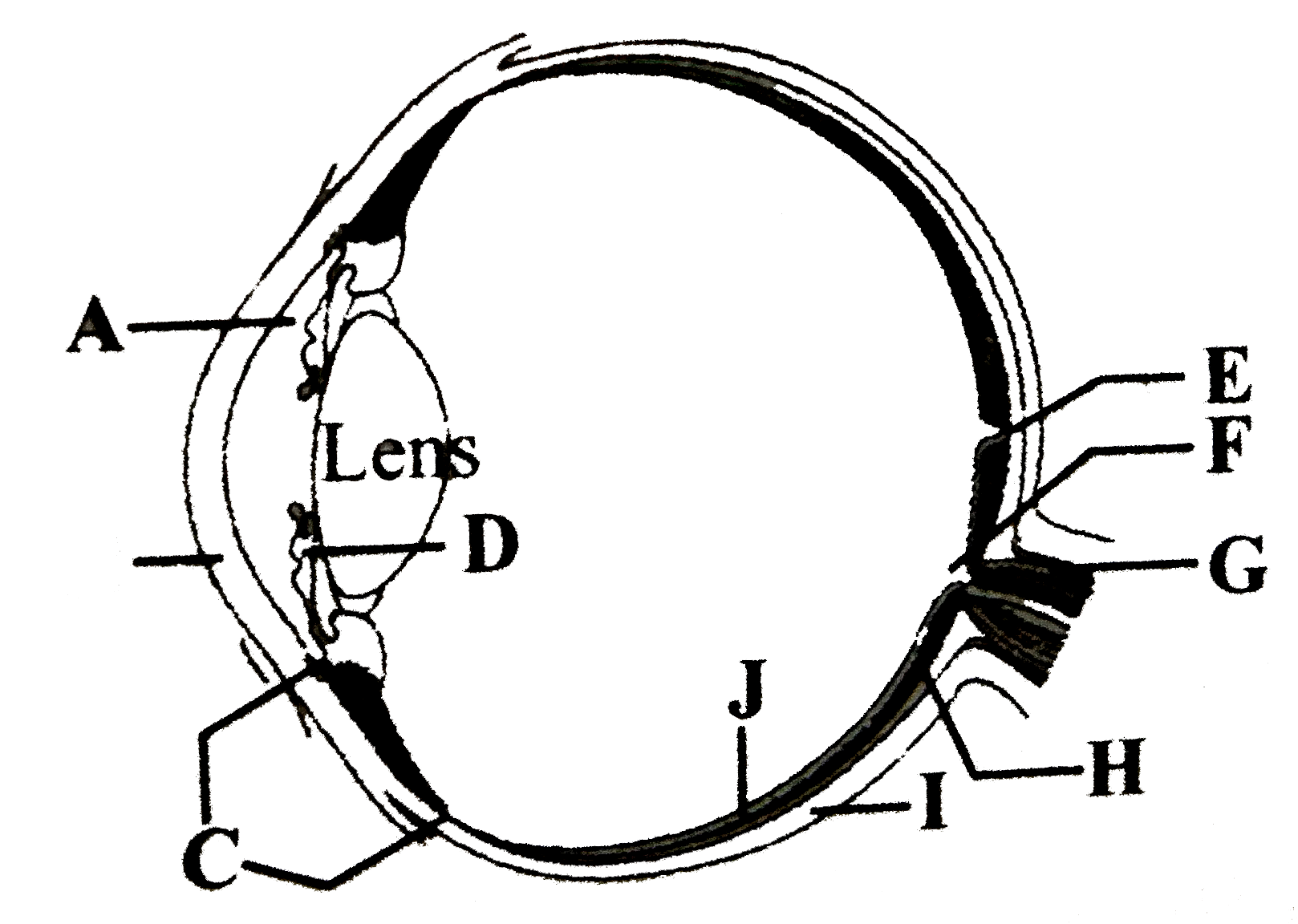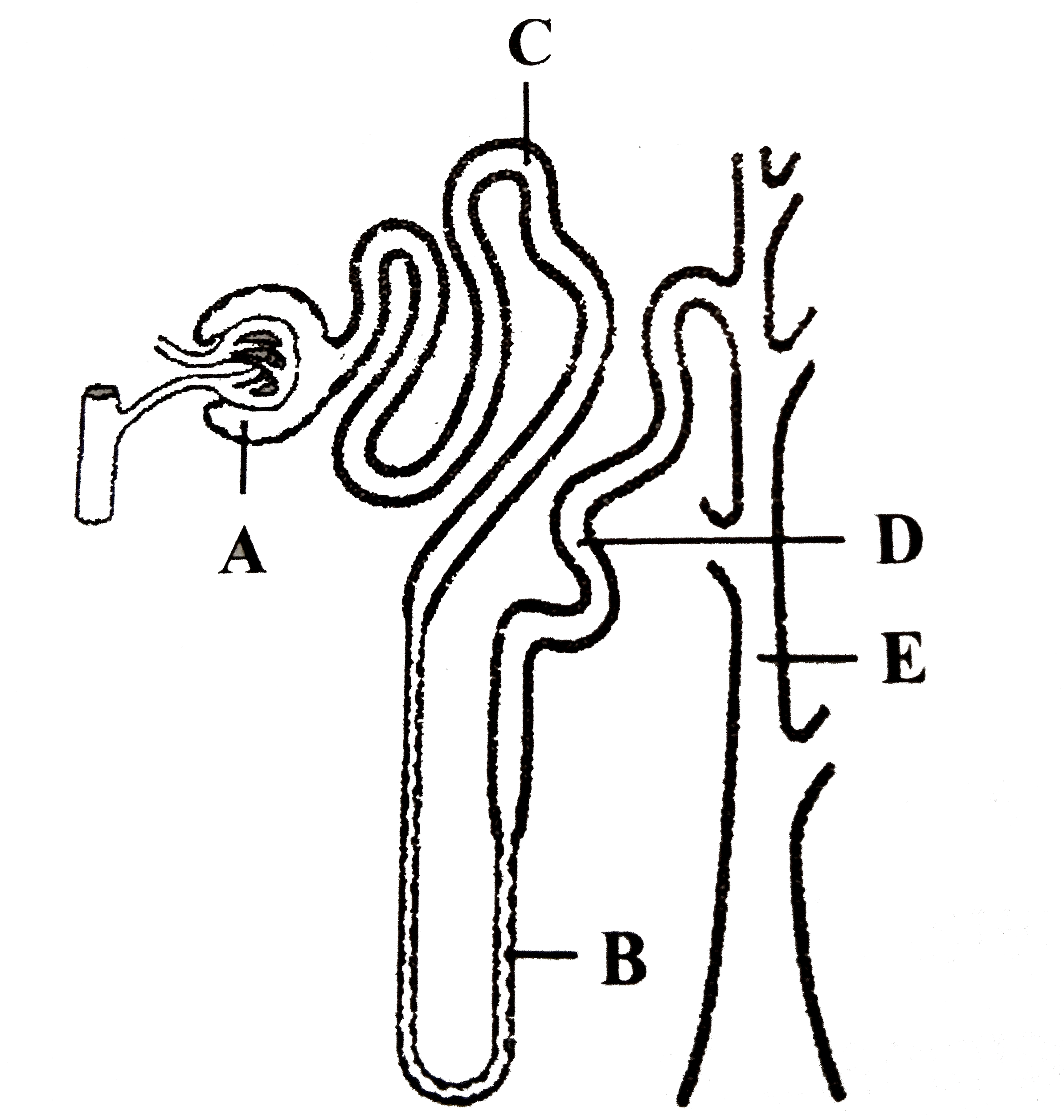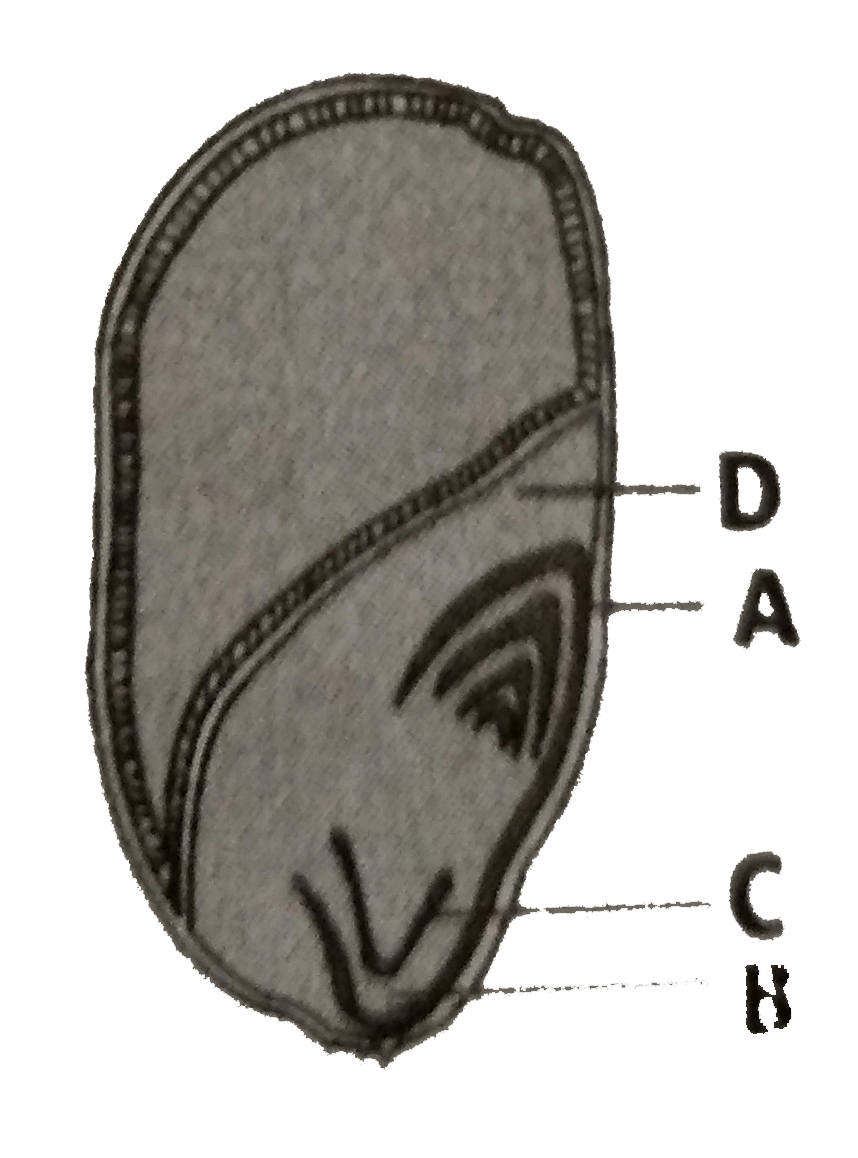Refer to the given groups (i) - (iv). Each group contains one wrong member. Identify the odd members and select the correct option.
(i) Flax, Coir, Wool, Sisal
(ii) Cotton, Jute, Flax, Hemp
(iii) Polyester, Nylon, Acrylic, Silk
(iv) Shahtoosh, Wool, Silk, Coir
(i)(ii)(iii)(iv)sisalHempAcrylicShahtoosh
(i)(ii)(iii)(iv)FlaxJuteNylonSilk
(i)(ii)(iii)(iv)WoolCottonSiklCoir
(i)(ii)(iii)(iv)CoirFlaxNylonWool
The correct Answer is:C
Flax, coir and sisal are the fibres obtained from their respective plants while wool is obtained from animals. Fibres of jute, flax and hemp are obtained from stems of respective plants while cotton is obtained from fruit of cotton plant. Polyester, nylon and acrylic are synthetic fibres while silk is a natural fibre. Shahtoosh, wool and silk are obtained from animals while coir is obtained from plants.
Related Playlists
- BOOK - MTG IIT JEE FOUNDATIONCHAPTER - FIBER TO FABRIC EXERCISE - EXERCISE (SUBJECTIVE QUESTIONS) ( LONG ANSWER TYPE)11videos
FIBER TO FABRIC
- BOOK - MTG IIT JEE FOUNDATIONCHAPTER - COMPONENTS OF FOOD EXERCISE - OLYMPAID/HOTS CORNER9videos
COMPONENTS OF FOOD
- BOOK - MTG IIT JEE FOUNDATIONCHAPTER - FOOD : WHERE DOES IT COME FROM?EXERCISE - OLYMPIAD/HOTS CORNER5videos
FOOD : WHERE DOES IT COME FROM?
Knowledge Check
- Question 1 - Select One
Below is given the unorganised list of some important events in the human female reproductive cycle. Identify the correct sequence of these events and select the correct option.
(i). Secretion of FSH
(ii). Growth of corpus luteum
(iii). Growth of the follicle
(iv). Ovulation
(v) Sudden increase in the levels of LHA(i) → (ii) → (iii) → (v) (ii)B(ii)→(i)→(iii)→(iv)→(v)C(iii)→(i)→(iv)→(ii)→(v)D(i)→(iii)→(v)→(iv)→(ii) - Question 1 - Select One
Below is given the unorganised list of some important events in the human female reproductive cycle. Identify the correct sequence of these events and select the correct option.
(i). Secretion of FSH
(ii). Growth of corpus luteum
(iii). Growth of the follicle
(iv). Ovulation
(v) Sudden increase in the levels of LHA(i) → (ii) → (iii) → (v) (ii)B(ii)→(i)→(iii)→(iv)→(v)C(iii)→(i)→(iv)→(ii)→(v)D(i)→(iii)→(v)→(iv)→(ii) - Question 1 - Select One
Which of the following is man made fibre?
(i) Silk (ii) Polyester (iii) Nylon (iv) WoolA(i) and (ii)B(ii) and (iii)C(iii) and (iv)D(ii), (iii) and (iv) - Question 1 - Select One
Refer to the given diagram. Match the labelled parts (A-J) with their functions and select the correct options.
(i)Carries nerve signals to the brain
(ii)Regulates the size of the pupil to let more or less light into the eye
(iii)Changes the shape of the lens
(iv)Photoreceptors are concentrated at this point
 A(i)-B, (ii)-D, (iii)-F, (iv)-HB(i)-J, (ii)-G, (iii)-I, (iv)-CC(i)-A, (ii)-C, (iii)-E, (iv)-GD(i)-G, (ii)-D, (iii)-C, (iv)-E
A(i)-B, (ii)-D, (iii)-F, (iv)-HB(i)-J, (ii)-G, (iii)-I, (iv)-CC(i)-A, (ii)-C, (iii)-E, (iv)-GD(i)-G, (ii)-D, (iii)-C, (iv)-E - Question 1 - Select One
Refer to the given diagram. Match the labelled parts (A-J) with their functions and select the correct options.
(i)Carries nerve signals to the brain
(ii)Regulates the size of the pupil to let more or less light into the eye
(iii)Changes the shape of the lens
(iv)Photoreceptors are concentrated at this point
 A(i)-B, (ii)-D, (iii)-F, (iv)-HB(i)-J, (ii)-G, (iii)-I, (iv)-CC(i)-A, (ii)-C, (iii)-E, (iv)-GD(i)-G, (ii)-D, (iii)-C, (iv)-E
A(i)-B, (ii)-D, (iii)-F, (iv)-HB(i)-J, (ii)-G, (iii)-I, (iv)-CC(i)-A, (ii)-C, (iii)-E, (iv)-GD(i)-G, (ii)-D, (iii)-C, (iv)-E - Question 1 - Select One

The given figure represents a single nephron from a mammalian kidney. Identify the labelled parts, match them with the functions (i-iv) and select the correct option.
(i). The site of ultrafiltration.
(ii). Particularly sensitive to ADH.
(iii). The main site for the reabsorption of glucose and amino acids.
(iv). Largely responsible for the maintenance of blood pH.Aa) (i)-A,(ii),E,(iii)-C,(iv)-DBb) (i)-A,(ii)-B,(iii)-C,(iv)-DCc) (i)-B,(ii)-A,(iii)-C,(iv)-EDd) (i)-E,(ii)-B,(iii)-D,(iv)-A - Question 1 - Select One

The given figure represents a single nephron from a mammalian kidney. Identify the labelled parts, match them with the functions (i-iv) and select the correct option.
(i). The site of ultrafiltration.
(ii). Particularly sensitive to ADH.
(iii). The main site for the reabsorption of glucose and amino acids.
(iv). Largely responsible for the maintenance of blood pH.A(i)-A,(ii),E,(iii)-C,(iv)-DB(i)-A,(ii)-B,(iii)-C,(iv)-DC(i)-B,(ii)-A,(iii)-C,(iv)-ED(i)-E,(ii)-B,(iii)-D,(iv)-A
Similar Questions
Below is given the unorganised list of some important events in the human female reproductive cycle. Identify the correct sequence of these events and select the correct option.
(i). Secretion of FSH
(ii). Growth of corpus luteum
(iii). Growth of the follicle
(iv). Ovulation
(v) Sudden increase in the levels of LHView SolutionGiven figure represents longitudinal section of a monocotyledonous embryo.
Identify the parts labelled as A,B, C and D from the list (i-vii) and select the correct option

(i) Scutellum
(ii) Coleoptile
(iii) Shoot apex
(iv) Epiblast
(v) Radicle
(vi) Root Cap
(vii) ColerhizaView SolutionGiven figure represents longitudinal section of a monocotyledonous embryo.
Identify the parts labelled as A,B, C and D from the list (i-vii) and select the correct option

(i) Scutellum
(ii) Coleoptile
(iii) Shoot apex
(iv) Epiblast
(v) Radicle
(vi) Root Cap
(vii) ColeorhizaView Solution

